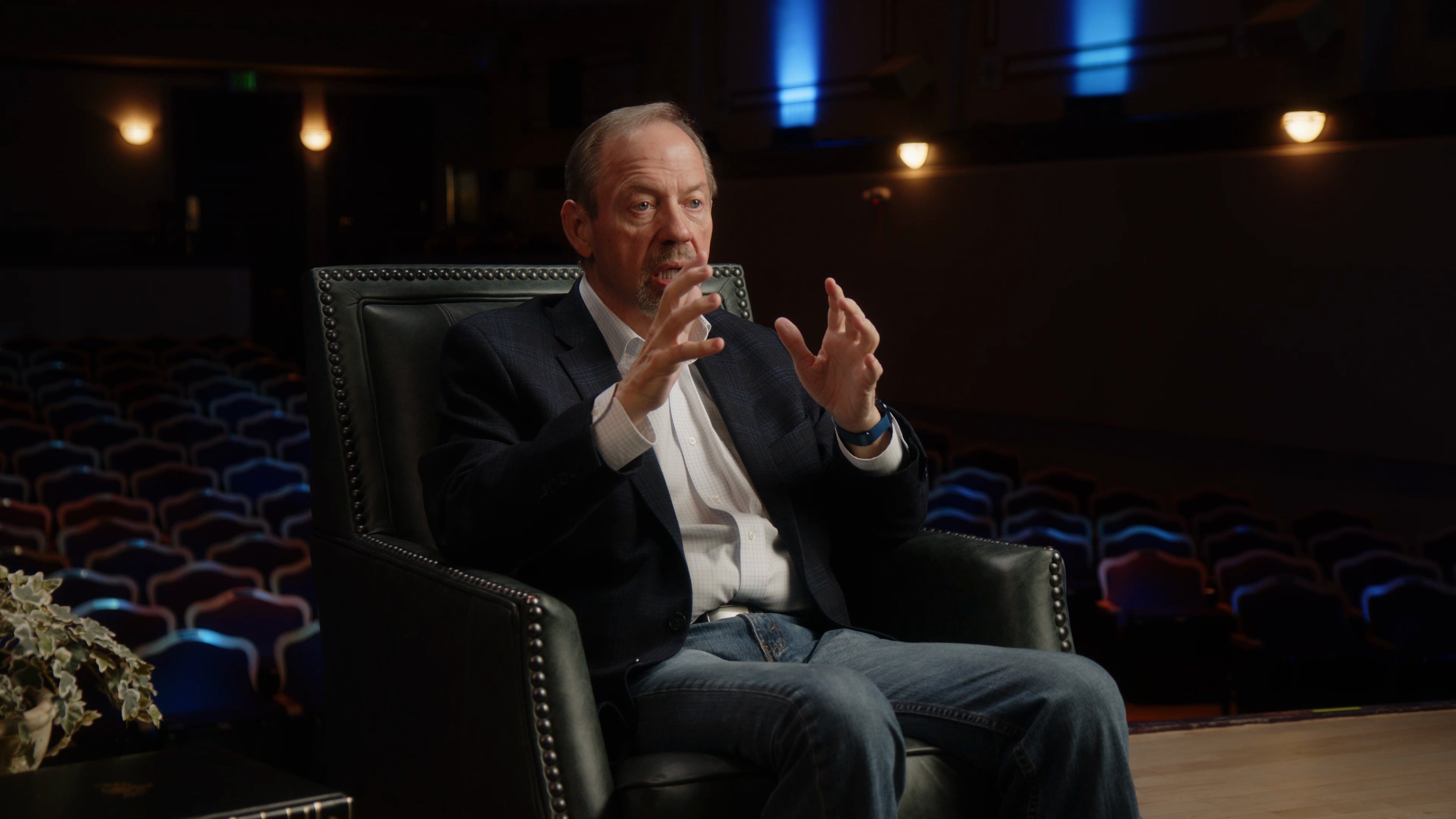
In the financial advising industry, the old-school approach of cold calling and door-to-door sales has become obsolete. Nowadays, advisors are legally required to be fiduciaries or at least perceived as such, and it is no longer acceptable to pedal products that are not in a client’s best interest. With the rise of technology, advisors can better use their time to serve clients and engage in financial planning.
The biggest change in the industry in the last 20 years has been the shift from a sales-oriented mindset to a client-focused one. The more educated public demands that advisors care for them and know their area of expertise. Advisors must focus on ideal clients and turn away those who do not fit that mold, which is difficult but rewarding. The more secure an advisor is in who they are, the easier it is to hunt for ideal prospects and make them ideal clients.
The old-school method of running a financial planning firm required advisors to do everything from marketing to bookkeeping to scheduling. Now, there is so much that advisors do on a daily basis that can be automated, such as calendar systems, distribution of information, and communication with clients. By doing so, advisors can spend more time doing what is best for their clients.
In conclusion, the financial advising industry has come a long way in the last two decades. Advisors have shifted their focus from sales to client needs, and technology has allowed them to better serve their clients while automating much of their work. By focusing on ideal clients and automating their work, financial advisors can provide the best service possible and increase their success in the industry.


